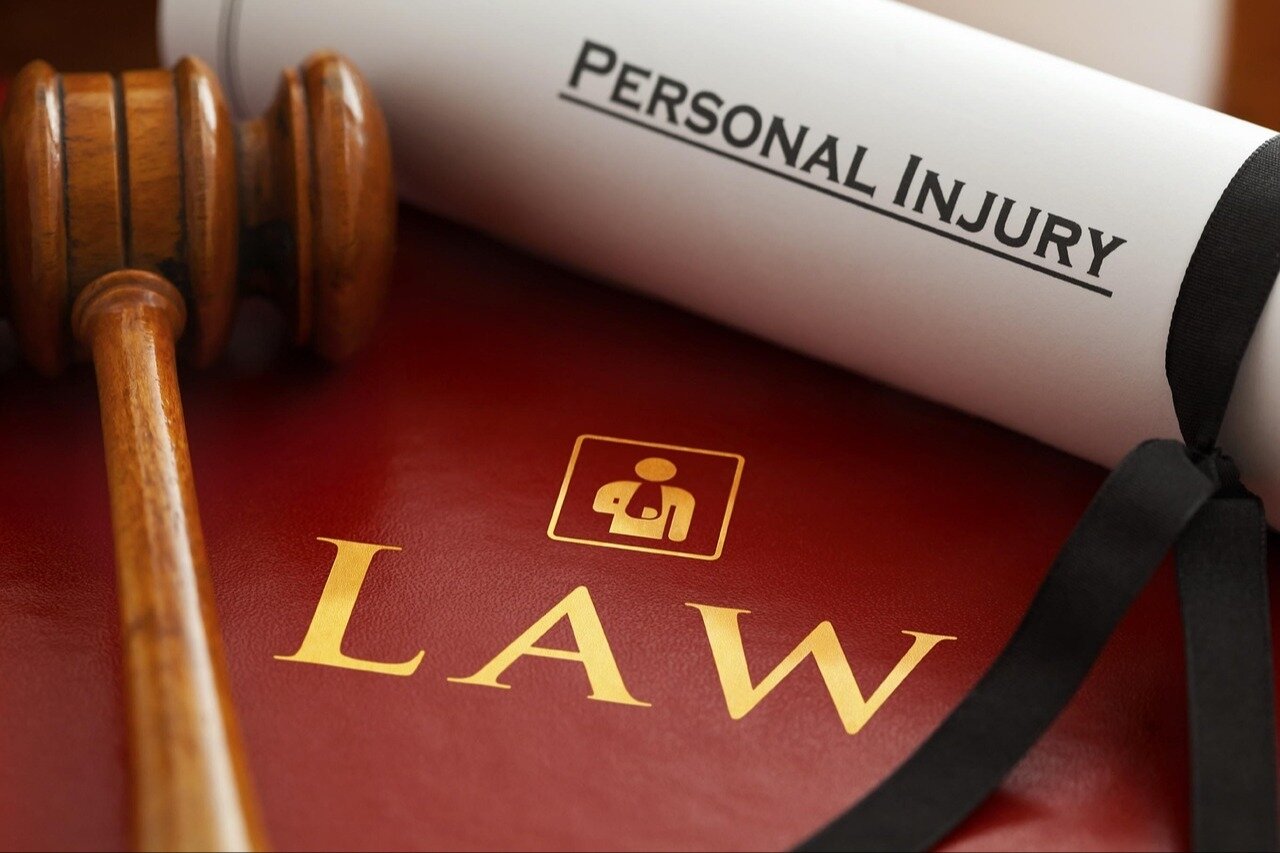
- 30 Jun 2025
- Law Blog
- Personal Injury & Medical Negligence
When a person enquires whether we can pursue a personal injury claim on their behalf following an accident we must consider, amongst other things, when the accident took place. In England, court proceedings in respect of an accident claim must be issued by the limitation date as set down in the Limitation Act 1980.
If court proceedings are not issued by the limitation date, it is highly likely that the person will be 'time-barred' from pursuing the claim further unless there is an extremely good reason why the proceedings were not issued in time. Unfortunately, informing a judge that you were not aware that court proceedings must be issued by the limitation date is not a good enough reason for a judge to allow the claim to continue.
If a person is aged 18 years or over on the date of an accident in which they sustained injury, then the limitation date is the 3rd year anniversary of the accident.
If a person is under 18 years of age on the date of the accident, then the limitation date is the date of the person's 21st birthday. This allows the person 3 years from their 18th birthday to pursue the claim if it was not pursued for them by a Litigation Friend when they were a child.
In some circumstances you may not immediately know that you have suffered an injury or that the symptoms you have been suffering with are due to someone else's negligent actions. These circumstances often arise in cases such as repetitive strain injuries or negligent medical treatment. In these types of cases the limitation date is taken as 3 years from the date of knowledge. The date of knowledge for each case is considered on the facts of the case but broadly speaking it is the date when a reasonable person has enough information to realise that the injury or symptoms which they have been suffering with has been caused by someone else's negligence.
For a claim for criminal injuries, if the criminal act took place when the person was aged 18 years or over an application to the Criminal Injuries Compensation Authority must be submitted by the 2nd year anniversary of the criminal act. If the person was under 18 at the time the crime took place and it was reported to the police, the application must be submitted by the person's 20th birthday. Alternatively, if the crime was not reported until the person was 18 years or over, the application must be submitted within 2 years of the date of the first report.
It is not simply enough to inform the defendant that you intend to pursue a claim against them by the limitation date; court proceedings must be issued by this date. If there is a delay between the claim form and court fee being received by the court, and the claim being issued, for the purposes of complying with the Limitation Act 1980 the court proceedings will be 'brought' on the date the claim form was received by the court office.
There is quite a lot of work which needs to be undertaken prior to the issue of court proceedings so it is advisable to seek solicitors' advice well in advance of the limitation date. If you are unsure whether the limitation date has passed for your potential claim, then please do seek legal advice and do not simply assume you cannot proceed with the claim. There are certain reasons why a judge may allow a claim to be brought after the limitation date and there are also certain types of claims, such as claims relating to abuse, whereby the limitation date may be extended.
For any questions around limitation dates, or to discuss a potential claim, please contact a member of our Personal Injury Team.




 Emma Johnson
Emma Johnson